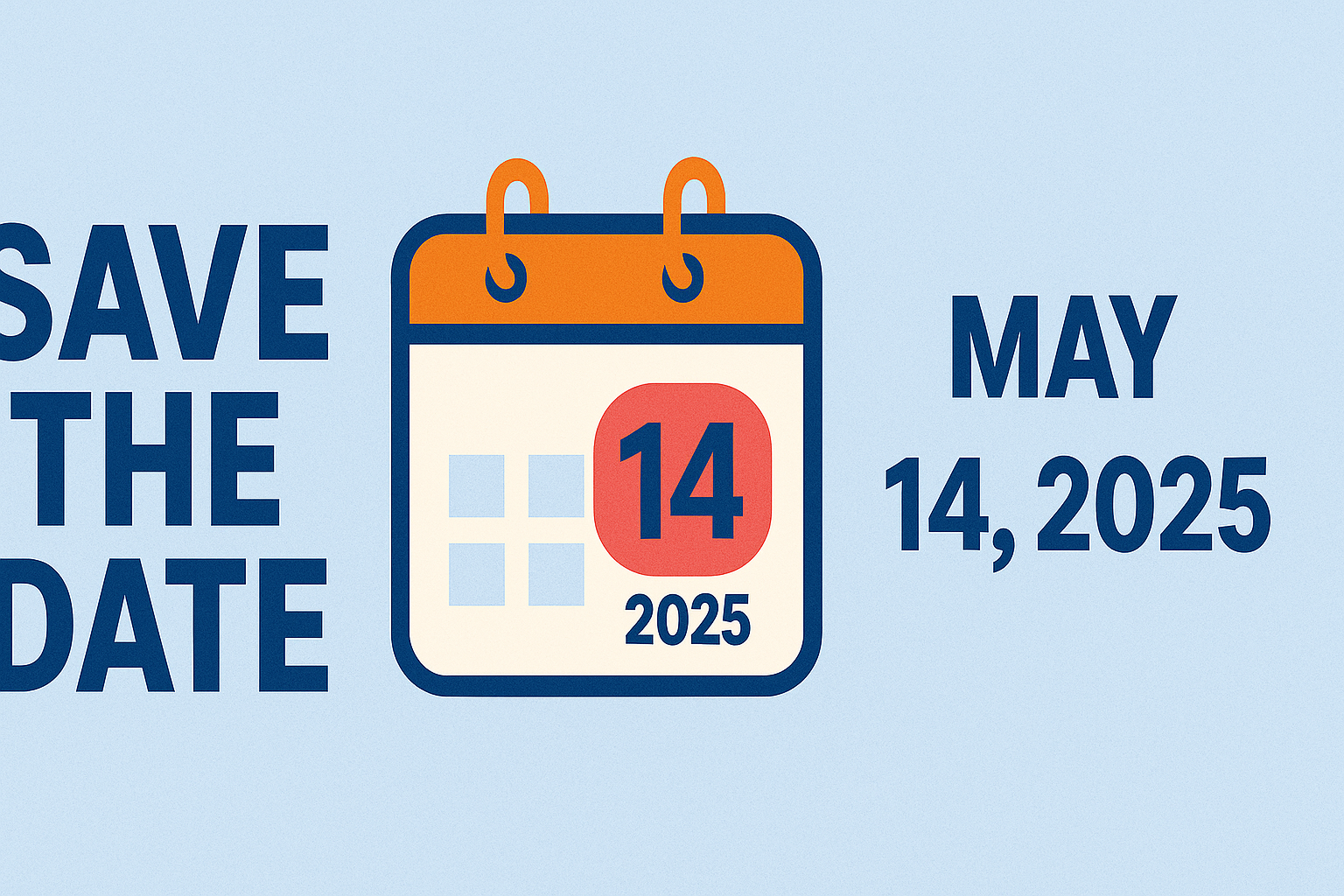Hosted in Brussels on the 14th of May, the meeting aimed at strengthening institutional cooperation, enhance data-sharing strategies, and explore innovative solutions for sustainable tourism in the Mediterranean region.
The session primarily focused on the importance of data-driven policymaking in the field of sustainable tourism. A key challenge highlighted was the need to develop robust data-driven indicators and the critical role of accurate data collection, comprehension, and application in alignment with the unique characteristics of each tourism area.
One of the main issues identified was the fragmentation of data sources. There is a pressing need to consolidate sustainability indicators across different regions and to effectively translate knowledge into policies tailored to the specificities of diverse tourism contexts—such as coastal, mountainous, or industrial zones.
Another significant topic was the integration of both official and unofficial data sources, supported by artificial intelligence, to enhance the accuracy and relevance of sustainability assessments.
Granularity of data emerged as a critical factor—understanding how to interpret and apply information appropriately at various scales, from entire destinations to individual cities or villages, especially those with rich cultural and natural heritage.
Moreover, effective stakeholder coordination was deemed essential for gathering high-quality data to inform decision-making processes. Collaborative engagement across the public sector (for official statistics), private sector (notably SMEs), academia (for scenario development), and civil society (to ensure harmonious coexistence between residents and tourists) was strongly encouraged.
Mr Athanasios Kalogeras, representative of the project partner Athena/ISI Research Center, presented challenges related to data driven decision making in tourism related mostly with data availability and granularity and stakeholder engagement. The Libeccio approach was discussed utilizing both statistical data and data available on the web, and engaging stakeholders in Territorial Working groups and Living Labs starting from user requirement collection to the testing of the project big data analytics platform.


